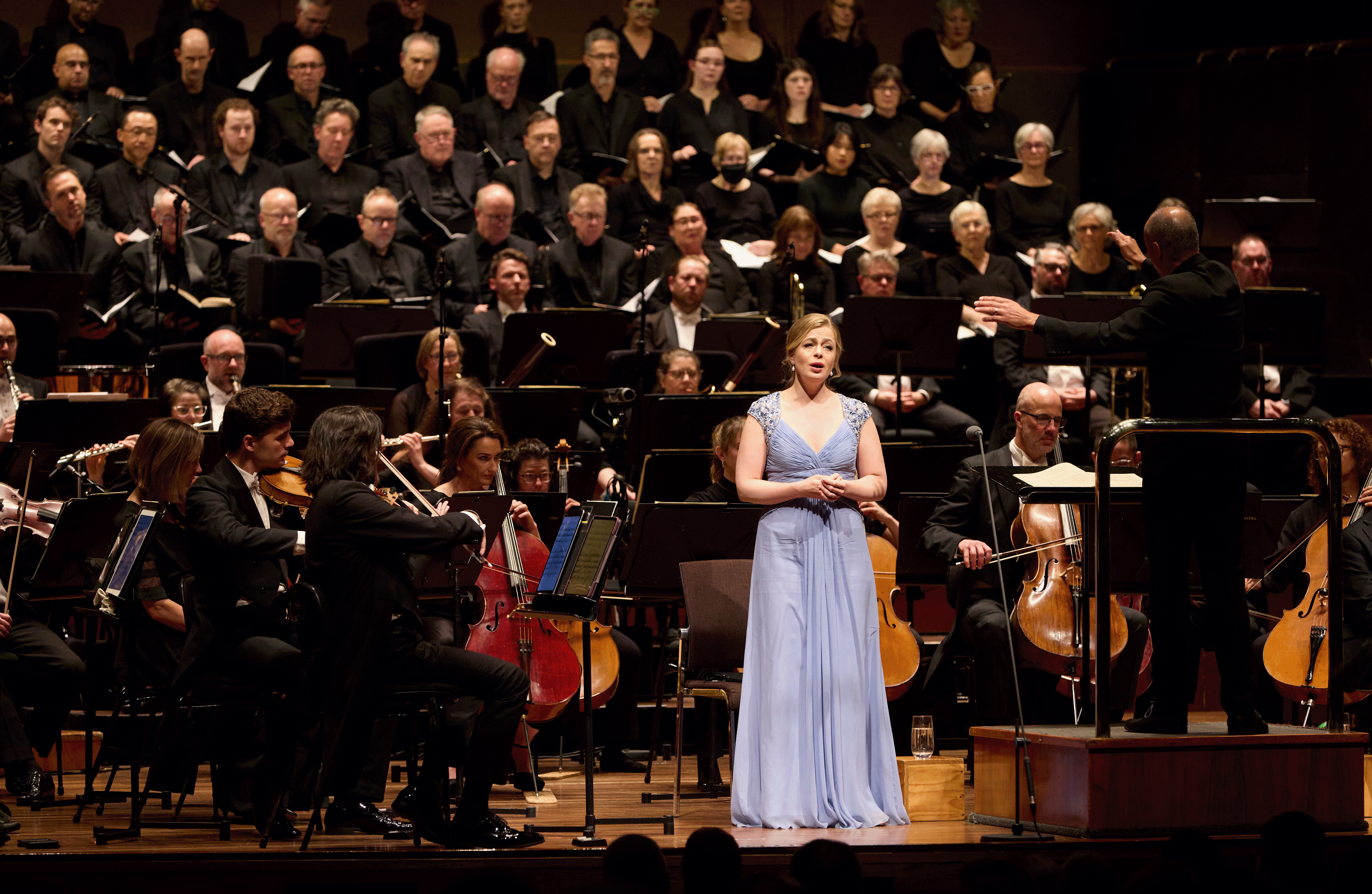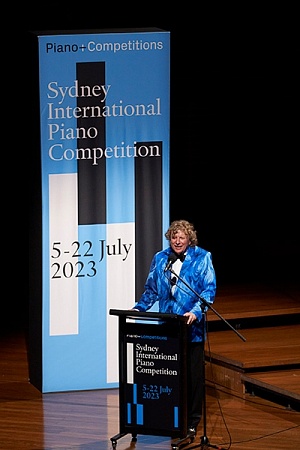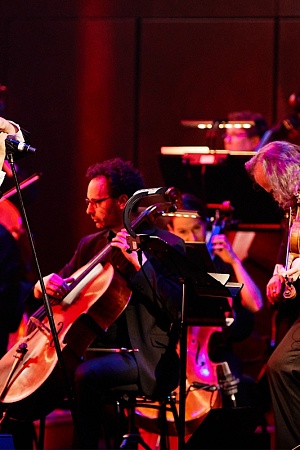Fauré Requiem

Sometimes an orchestral program proves to be meaningful in ways that were never intended when it was first devised. Such was the case last Thursday and Saturday, when the Melbourne Symphony Orchestra gave its first local outing since the onset of public and internal turmoil last month sparked by the orchestra’s management’s cancellation of a planned concerto performance on 15 August by Australian pianist Jayson Gillham. This was prompted by Gillham’s decision, during an MSO-sponsored piano recital he had given a few days earlier, to introduce one of the pieces, Witness, by Australian composer Connor D’Netto, by explaining that it had been dedicated to the more than 100 Palestinian journalists killed during the current conflict in Gaza.
Continue reading for only $10 per month. Subscribe and gain full access to Australian Book Review. Already a subscriber? Sign in. If you need assistance, feel free to contact us.











Comments (3)
Leave a comment
If you are an ABR subscriber, you will need to sign in to post a comment.
If you have forgotten your sign in details, or if you receive an error message when trying to submit your comment, please email your comment (and the name of the article to which it relates) to ABR Comments. We will review your comment and, subject to approval, we will post it under your name.
Please note that all comments must be approved by ABR and comply with our Terms & Conditions.